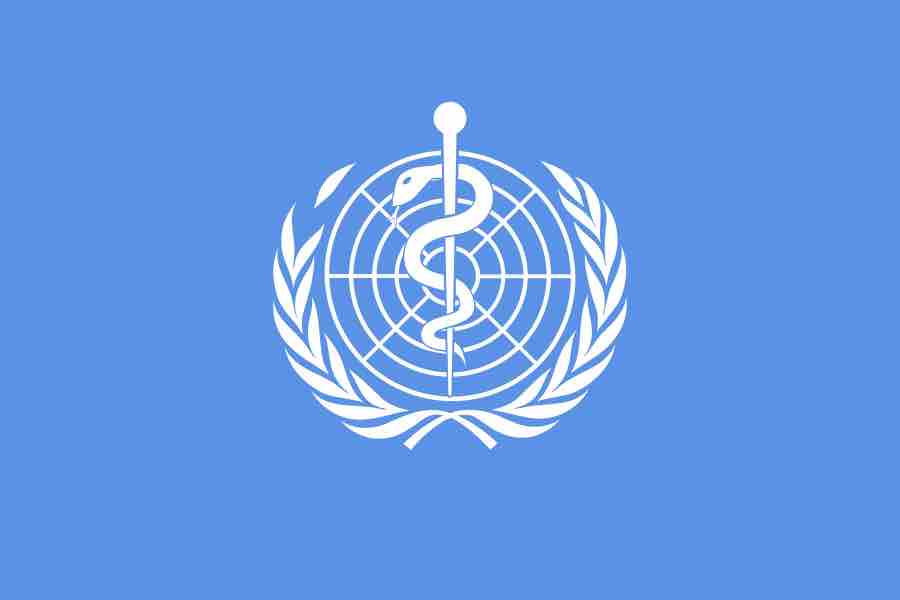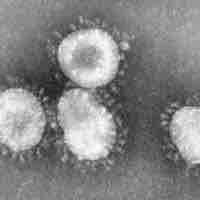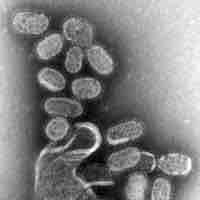Section 5
Epidemiology and Public Health
By Boundless

Descriptive epidemiology focuses on describing disease distribution by characteristics relating to time, place, and people.

Epidemiology draws statistical inferences, mostly about causes of disease in populations based on available samples of it.

Experimental epidemiology uses an experimental model to confirm a causal relationship suggested by observational studies.

Promotion of hand washing, breastfeeding, delivery of vaccinations, and distribution of condoms are examples of public health measures.

Global health is the health of populations in a global context and transcends the perspectives and concerns of individual nations.

An emerging infectious disease is a disease with a rate of incidence that has increased in the past 20 years, and could increase in the near future.

Biological warfare (BW) is the use of biological toxins or infectious agents with the intent to kill or incapacitate.

Technology aids in the identification of new infectious agents, but it also contributes to the emergence of new diseases.

An epidemic occurs when new cases of a disease, in a given human population, and during a given period, substantially exceed expectations.